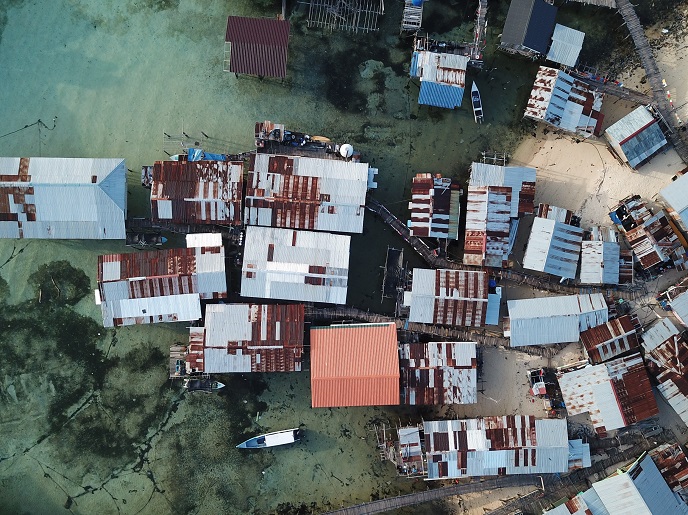Maritime research renewed
Maritime research in the EU is increasingly becoming a hot topic as Europe looks for ways to enhance trade, transport, aquaculture, tourism and scientific initiatives connected with the sea. In this context, the EU-funded project 'Coordination action to maintain and further develop a sustainable maritime research in Europe' (Casmare) worked on a highly improved maritime research model. Partners built on the work of another EU project, 'Coordination action to implement an advisory council for maritime transport research in Europe' (Acmare), which established the Waterborne European Technology Platform. Acmare had already published three key documents in maritime research, namely the Vision 2020, the Waterborne Strategic Research Agenda, and the Waterborne implementation route map 2007. Casmare took these efforts even further by redefining priorities and upgrading existing results, as well as conducting workshops, conferences and other communication events. Actions included a new website, newsletters, brochures and substantially updated versions of the three previous publications. In addition, the project highlighted major challenges facing the waterborne sector through to 2020 and beyond. These include societal challenges such as adapting to climate change and harvesting natural resources, as well as economic challenges such as improving competitiveness and developing new markets. Specifically, the project hoped to further sustainable waterborne transport by improving energy efficiency of vessels and minimising their environmental impact, building safer ships, enhancing relevant infrastructure and introducing e-maritime solutions. It also supported exploitation of offshore resources such as wind, waves, tidal energy, raw materials and fossil fuels, as well as fisheries and aquaculture. From an environmental perspective, sectors such as trade, transport, energy and others are being developed with the support of Casmare so as to minimise impact on the oceans. Project outcomes will help to foster better understanding of large water bodies, improve products and services for marine monitoring, and enhance marine science research. The economy, the transport sector and maritime research will all benefit greatly from this ambitious project.







